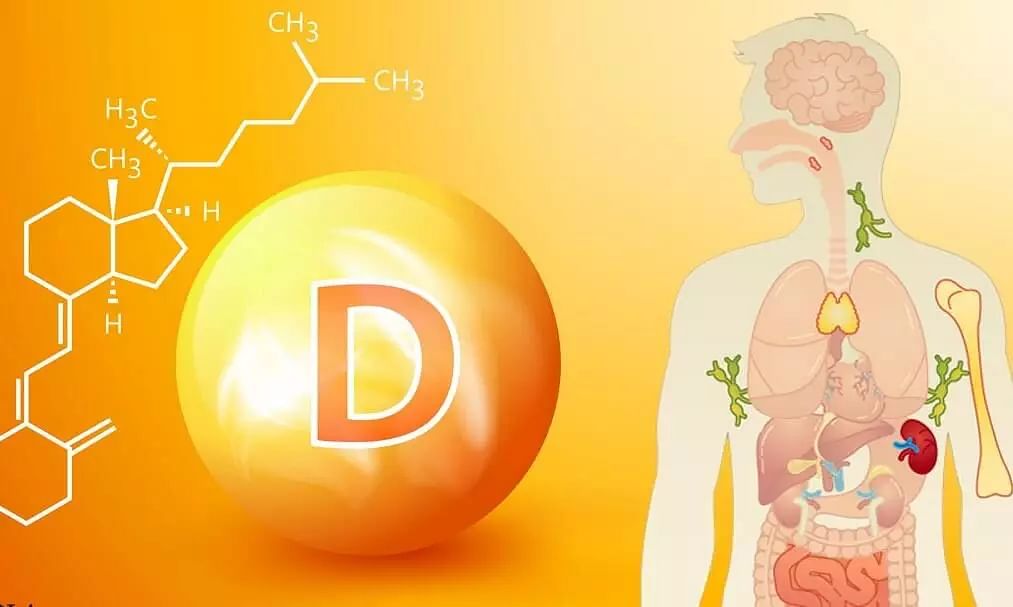Vitamin D is essential for bones, muscles, and teeth health. Vitamin D is also known as sunshine vitamin as sunlight is one of its major sources. It is a fat-soluble vitamin and helps to regulate the amount of calcium and phosphate in our body.
Obesity causes lower vitamin D levels
Obese women tend to have lower vitamin D levels because higher body fat levels can lower the blood serum levels of vitamin D. Volumetric dilution in the body tissues is another reason for vitamin D deficiency, and that’s why overweight women need more vitamin D.
Often people tend to stay indoors especially women because of the fear of stigmatization. This decreases their exposure to sunlight which is one of the major sources of vitamin D. Poor dietary habits and genetic makeup can also be the reason for deficiency of vitamin D. Obese people require extra vitamin supplements to meet the dietary requirements.
Signs and symptoms of vitamin D deficiency
1. Constant fatigue and lethargy are the first and foremost signs of vitamin D deficiency.
2. Recurrent infections (As vitamin D helps in boosting the immune system)
3. Stress, anxiety, depression
4. Bones and muscles pain
5. Kidney and liver complications are also associated with lower levels of vitamin D levels in the body.
Weight loss helps to deal with vitamin D deficiency
Weight loss can be very much helpful in preventing health disorders like vitamin D deficiency, insulin resistance, hypertension, diabetes, etc. Some studies revealed that belly fat is linked with lower vitamin D levels in women. Since vitamin D deficiency and weight gain are linked, increasing the daily intake of vitamin D can help in weight loss as per the studies.
(Disclaimer: The content on this site is for informational purposes only, and should not be taken as professional medical advice. Always seek the guidance of your doctor or other health professionals for any questions you may have regarding your health or a medical condition.)

 Does obesity and vitamin D are related to each other? Read on to know the link between them
Does obesity and vitamin D are related to each other? Read on to know the link between them










.jpeg)

.jpeg)
.jpeg)
.jpeg)

.jpeg)
.jpeg)
.jpeg)
_(1).jpeg)

_(1)_(1)_(1).jpeg)
.jpeg)
.jpeg)
.jpeg)






